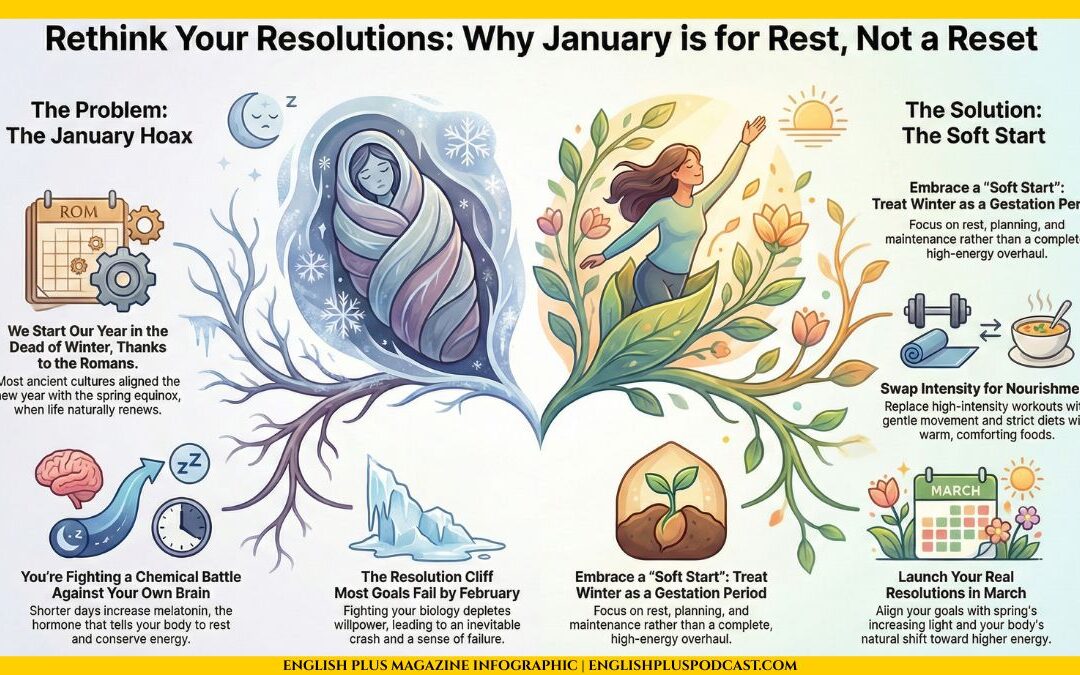- Introduction
- Weather the storm
- Tough as nails
- Pick yourself up by your bootstraps
- When the going gets tough, the tough get going
- Keep your chin up
- Rise from the ashes
- A setback is a setup for a comeback
- Keep on keeping on
- When life gives you lemons, make lemonade
- Bounce back
- Stand tall
- Roll with the punches
- Keep a stiff upper lip
- Press on
- Hang in there
- Conclusion
Introduction
In life, we are all bound to face challenging situations at some point or the other. Whether it is a personal crisis or a global disaster, resilience is an important quality that helps us bounce back from tough times. In fact, it is often said that tough times don’t last, but tough people do. This is where idioms come in. These short, pithy expressions provide a powerful way to communicate the concept of resilience in a way that is easy to understand and memorable. In this article, we will explore some of the most popular resilience idioms, their meanings, origins and examples of how they can be used in everyday conversations.
Weather the storm
Meaning: To endure a difficult or challenging situation.
Origin: This idiom originated from the nautical world, where sailors would use the phrase to refer to surviving a violent storm at sea.
Example: “It’s been a tough year, but we’ve managed to weather the storm and come out stronger on the other side.”
Tough as nails
Meaning: To be strong and resilient, with the ability to withstand difficult situations without giving up.
Origin: The phrase was first used in the late 1800s to describe someone who was physically strong and able to work hard without tiring.
Example: “She’s been through a lot, but she’s tough as nails and won’t give up easily.”
Pick yourself up by your bootstraps
Meaning: To rely on one’s own efforts and resources to overcome a difficult situation.
Origin: The phrase originated in the early 19th century, when boots had loops at the back that could be used to pull them on. The idea of pulling oneself up by the bootstraps became a metaphor for relying on one’s own strength and determination.
Example: “I know things are tough right now, but you need to pick yourself up by your bootstraps and keep moving forward.”
When the going gets tough, the tough get going
Meaning: When faced with a difficult situation, the strongest and most resilient individuals rise to the challenge and persevere.
Origin: This phrase is often attributed to Joseph Kennedy, the father of US President John F. Kennedy, who reportedly used it to inspire his children during tough times.
Example: “We’re in a difficult situation right now, but remember: when the going gets tough, the tough get going.”
Keep your chin up
Meaning: To stay optimistic and maintain a positive attitude in the face of adversity.
Origin: The phrase is believed to have originated in boxing, where a fighter is advised to keep his or her chin up to avoid being knocked out.
Example: “I know things are tough right now, but keep your chin up and stay positive. We’ll get through this together.”
Rise from the ashes
Meaning: To recover and rebuild after a major setback or disaster.
Origin: This phrase is often used in reference to the mythical Phoenix bird, which was said to rise from its own ashes after being consumed by fire.
Example: “The company suffered a major setback, but we’re determined to rise from the ashes and come back stronger than ever.”
A setback is a setup for a comeback
Meaning: A setback or failure can provide the opportunity for a successful comeback.
Origin: The phrase was popularized by motivational speaker Willie Jolley in his book “It Only Takes a Minute to Change Your Life!”
Example: “Yes, we suffered a setback, but let’s remember that a setback is a setup for a comeback. Let’s use this as an opportunity to come back stronger.”
Keep on keeping on
Meaning: To persist in the face of adversity, despite the difficulties and challenges.
Origin: This phrase was popularized in the 1960s by soul singer Curtis Mayfield in his hit song “Keep on Pushing.”
Example: “I know it’s tough, but we need to keep on keeping on. We’ll get through this together.”
When life gives you lemons, make lemonade
Meaning: To turn a difficult situation into something positive or advantageous.
Origin: The phrase is believed to have originated from a 1915 obituary for a disabled man who made a successful career selling lemonade.
Example: “We didn’t get the contract we were hoping for, but let’s make lemonade out of lemons and focus on the opportunities that we do have.”
Bounce back
Meaning: To recover quickly from a setback or difficult situation.
Origin: The phrase likely originated from the physical act of a ball bouncing back after being thrown or hit.
Example: “He lost his job, but he’s already bounced back and found a new one.”
Stand tall
Meaning: To remain confident and proud, even in the face of adversity.
Origin: The phrase likely originated from the physical act of standing up straight and tall, which conveys confidence and strength.
Example: “We’ve faced some tough times, but we need to stand tall and keep moving forward.”
Roll with the punches
Meaning: To adapt and adjust to changing circumstances, especially when faced with unexpected difficulties.
Origin: This phrase originated from the sport of boxing, where a fighter is advised to move with the punches to minimize their impact.
Example: “We’re facing some unexpected challenges, but we’ll roll with the punches and make the best of the situation.”
Keep a stiff upper lip
Meaning: To remain stoic and maintain emotional composure, especially in the face of difficult or painful situations.
Origin: This phrase likely originated from the British culture of stoicism and emotional restraint.
Example: “I know this is a tough situation, but we need to keep a stiff upper lip and remain composed.”
Press on
Meaning: To persevere and continue moving forward, even in the face of obstacles or setbacks.
Origin: This phrase has been used in various forms throughout history, but was popularized by American author and motivational speaker Calvin Coolidge in his book “Persistence.”
Example: “We’ve faced some challenges, but we need to press on and keep moving towards our goals.”
Hang in there
Meaning: To persist and keep going, even when things are difficult or discouraging.
Origin: The phrase likely originated from the image of a person hanging onto a rope or ledge, despite the difficulty and discomfort.
Example: “I know things are tough right now, but hang in there. We’ll get through this together.”
Conclusion
In conclusion, resilience is an important quality that helps us weather the storms of life. These idioms provide a powerful way to communicate the concept of resilience in a way that is easy to understand and memorable. By using these idioms in everyday conversations, we can inspire ourselves and others to remain strong and persevere through difficult times.










0 Comments